Past Events
2021-2022
The Biology of a Changing Climate
View event poster [PDF]2020-2021
Biological Stress: From Cells to Societies
View event poster [PDF]2019-2020
Edit, revise, rewrite: Genetic Engineering in the 21st Century
January 10, 2020
8:30 AM - 5:30 PM
Atkinson Hall, UCSD Campus
Speakers

Pam Silver - Keynote Speaker
Designing Living Diagnostics and Therapeutics.
Harvard Institute
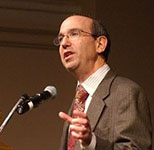
Michael Kalichman
Bioethics panel moderator.
University of California, San Diego
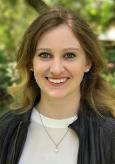
Alexis Komor
Investigating enzymatic mechanisms of adenine base editors.
University of California, San Diego

Bruce Conklin
Decoding and Repairing Genetic Disease with CRISPR and iPS cells
University of California, San Francisco
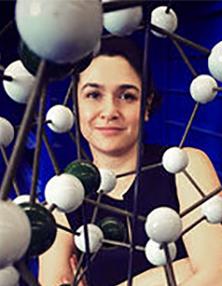
Betul Kacar
Time traveling in the laboratory with the methods of evolution and synthetic biology.
University of Arizona

Kim Cooper
Tools and technologies to tackle complex genetic problems using mice
University of California, San Diego
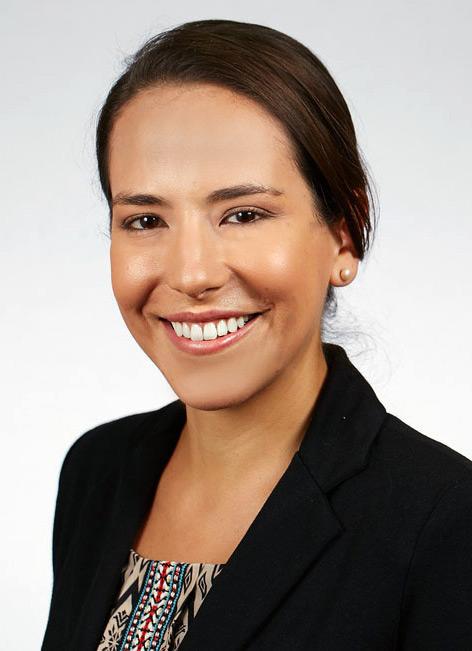
Markita Landry
Nanomaterials Enable Delivery of Genetic Material Without Transgene Integration in Mature Plants
University of California, Berkeley
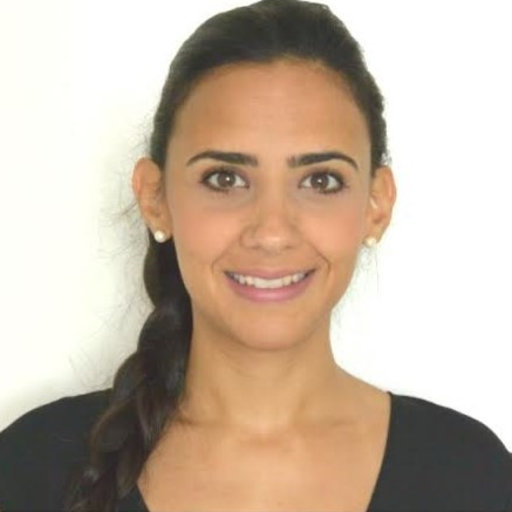
Maria Montiel-Gonzalez
Site-directed RNA editing using engineered Adenosine Deaminases
BEAM Therapeutics Inc.
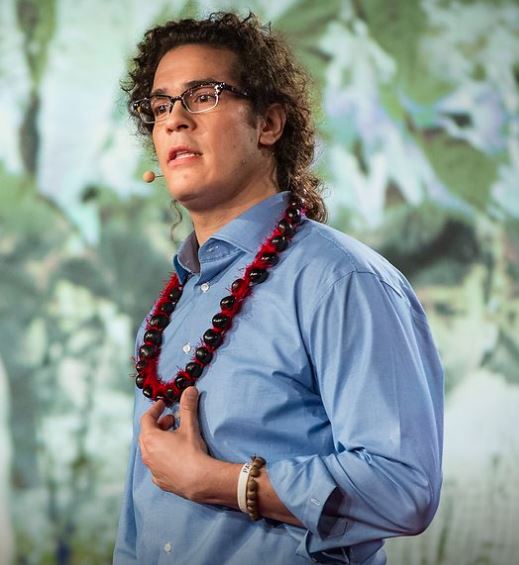
Keolu Fox
University of California, San Diego
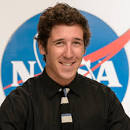
Alex Weitzel (Ph.D. student)
A strategy for fast compound conditional knockouts in mice
University of California, San Diego
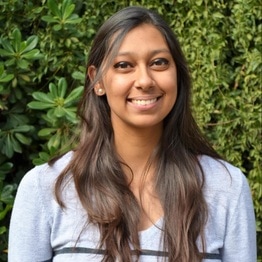
Stephanie Gamez (Ph.D. student)
Broad Dengue neutralization in mosquitoes expressing an engineered antibody
University of California, San Diego
2018-2019
The RNA Revolution
CMG Symposium
January 25, 2019 | 8:30 AM - 5:30 PM
The CMG Symposium is a student organized event designed to bring together innovative reseachers and discuss cutting-edge research.
View event poster [PDF]Speakers
- Susan Ackerman, University of California, San Diego
- tRNA, modifier genes, and neurodegeneration
- Brenda Bass, University of Utah
- ADARs, Dicer, and the dsRNAome
- Ross Buchan, University of Arizona
- Novel P-body assembly mechanisms in yeast - a role for RSP28B 3'UTR scaffolding
- Nick Conrad, UT Southwestern
- Host destruction versus viral protection for nuclear herpesviral RNAs
- Heidi Cook-Andersen, University of California, San Diego
- Post-transcriptional mechanisms driving the transition from oocyte to embryo in mammals
- Hailing Jin, University of California, Riverside
- Cross-Kingdom RNAi and small RNA trafficking between plants and fungal pathogens
- Tracy Johnson, University of California, Los Angeles
- Coordinated regulation of RNA processing in response to the metabolic needs of the cell
- Ian MacRae, The Scripps Research Institute
- Mechanisms of gene regulation by small RNAs
- Colleen McHugh, University of California, San Diego
- Long non-coding RNA interactions and functions in human cancers
- Frank Slack, Harvard University
- The potential for personalized microRNA therapeutics
2017-2018
Host-Pathogen Interactions: Mechanism, Medicine, and Meaning
CMG Symposium
January 19, 2018 | 9AM - 5PM
The CMG Symposium is a student organized event designed to bring together innovative reseachers and discuss cutting-edge research.
View event poster [PDF]Speakers
- Nels Elde, University of Utah
- Evolutionary innovations from biological collisions
- Kelly Doran, University of Colorado
- Mechanisms of Blood-Brain Barrier Penetration by Group B Streptococcus
- Kristian G. Andersen, The Scripps Research Institute
- From Ebola to Zika - tracking large-scale outbreaks using genomics
- Pascal Gagneux, University of California, San Diego
- Mammalian Sperm as Pathogens – Interplay between Natural and Sexual Selection
- Nick Shikuma, San Diego State University
- Stimulation of Animal Metamorphosis by Bacteria
- Marygorret Obonyo, University of California, San Diego
- Helicobacter-induced inflammation: Role of MyD88
- Floyd Romesberg, The Scripps Research Institute
- Development of antibiotics that inhibit protein secretion
- Erica Ollman Saphire, The Scripps Research Institute
- Antibodies against Viral Hemorrhagic Fever: It takes a Village
- Wenbo Ma, University of California, Riverside
- Effector proteins as molecular probes to understand pathogenicity
- Victor Nizet, University of California, San Diego
- Immune Evasion by Invasive Group A Streptococcus: The Flesh-Eating Bacteria
- James Nieh, University of California, San Diego
- The milkmaid strategy: Using immune priming to activate honey bee immunity against a common microsporidian pathogen, Nosema ceranae
- Roland Liu, University of California, San Diego
- Minor modifications alter antibiotic mechanism of action of plant defense metabolites
- Andrew Ryan, University of California, San Diego
- Investigating the antiviral role of mammalian PARP proteins
